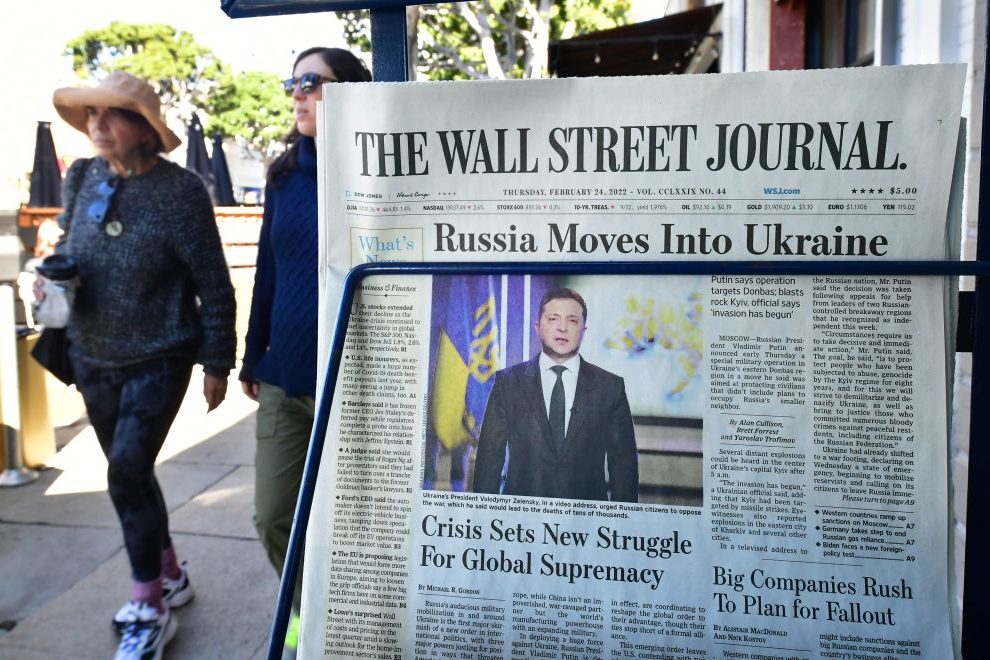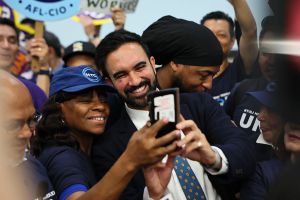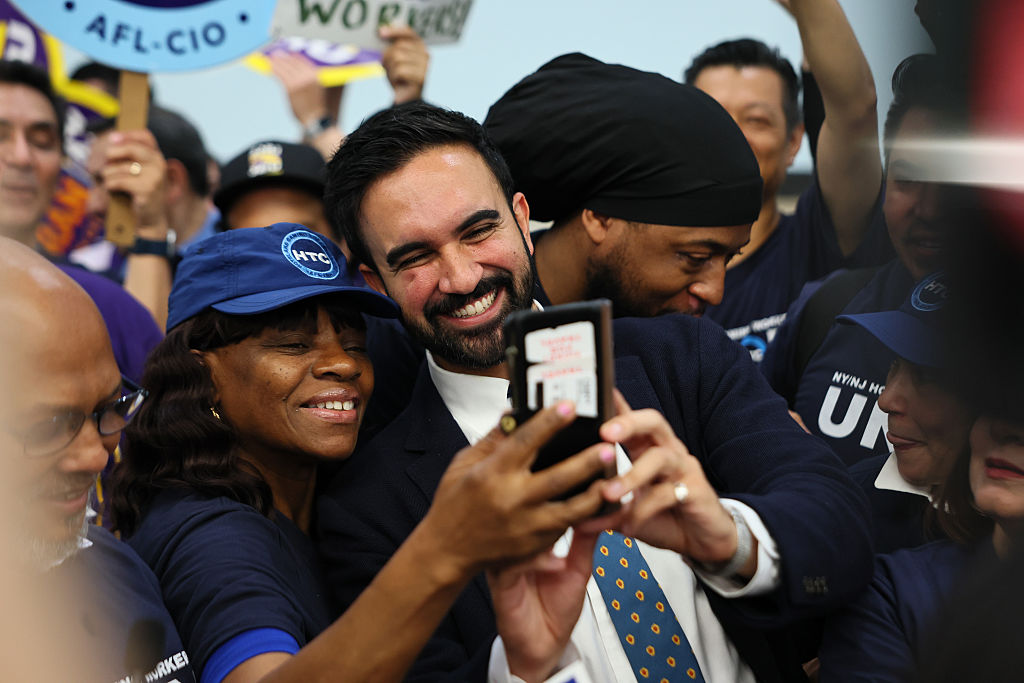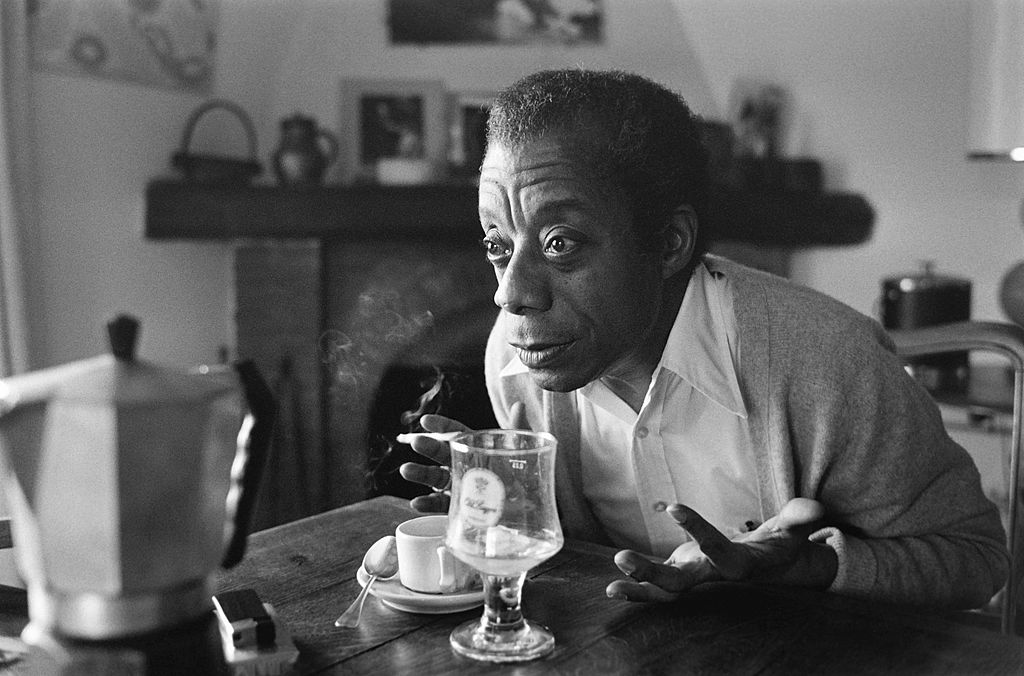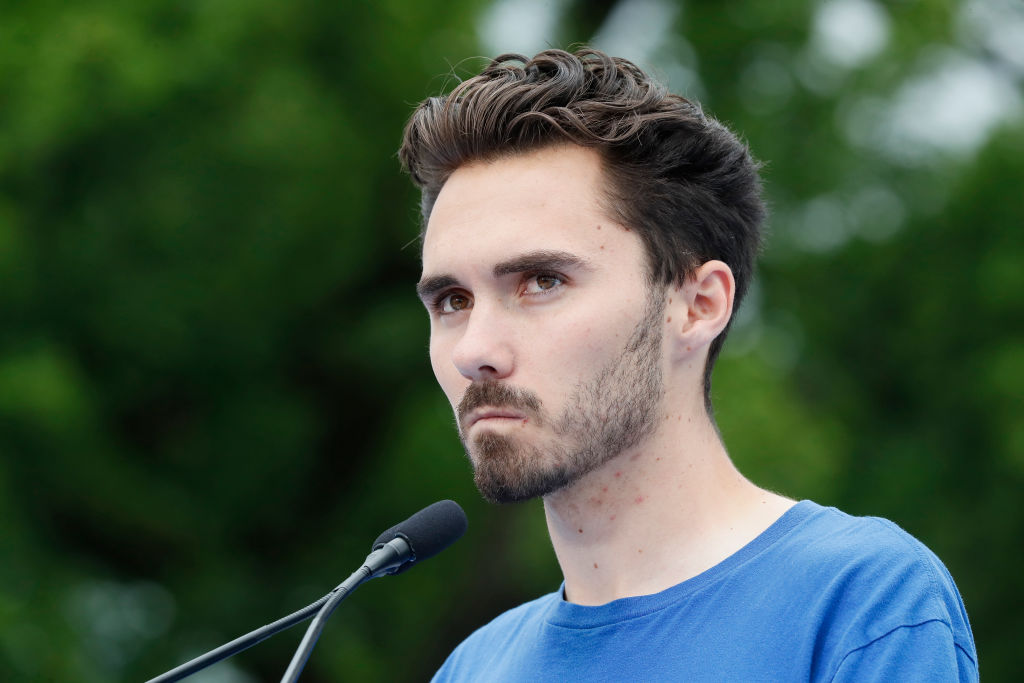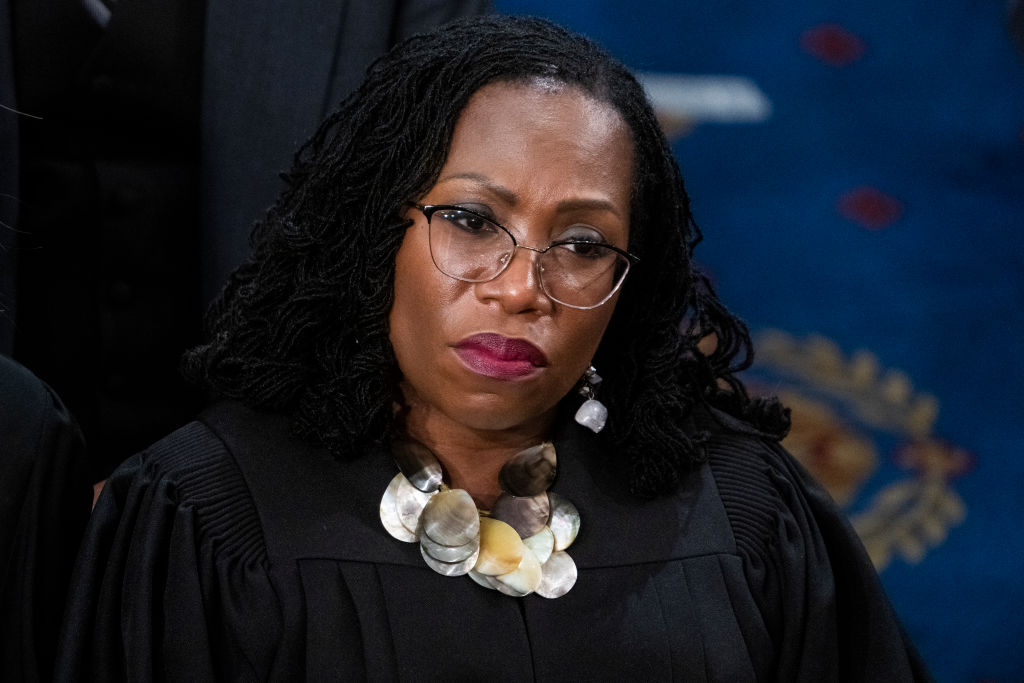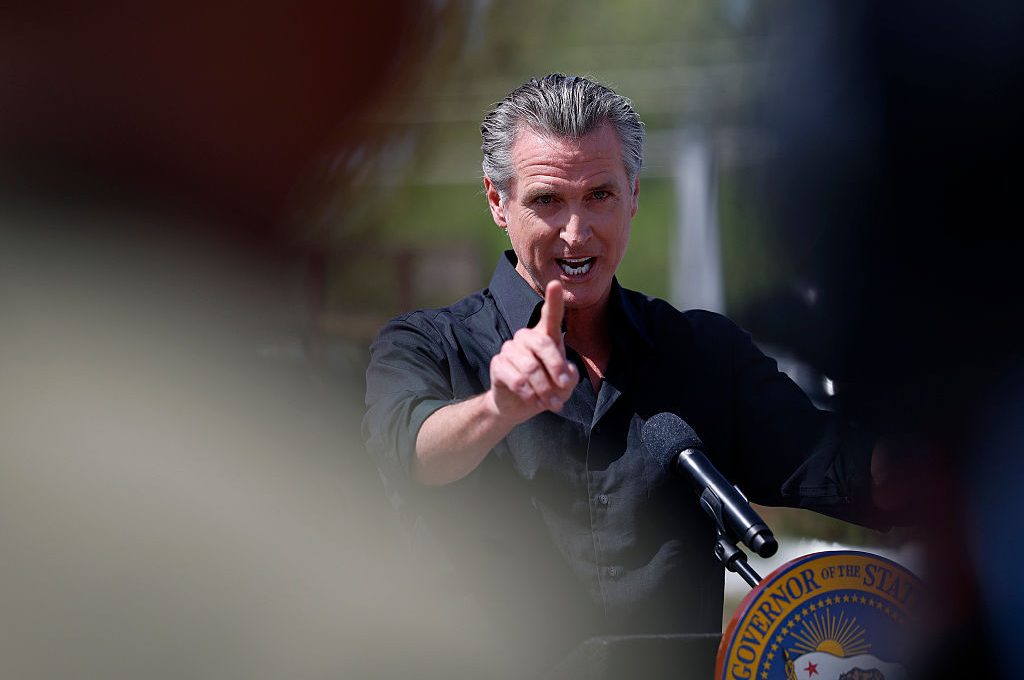The Wall Street Journal made an interesting hire last year that went mostly unnoticed, aside from minor trade publications. The NewsCorp-owned media outlet announced in May 2022 that they were bringing on Robin Turner to be the vice president of training, culture and community.
Turner’s charge was to work with Dow Jones newsrooms, including WSJ, to “drive DE&I strategy into all aspects of our global business.”
DE&I of course refers to Diversity, Equity & Inclusion, those corporate and academic cultural programs that insist that historically marginalized groups require special treatment in order to overcome systemic oppression.
DEI has become baked into the WSJ‘s news operation while simultaneously being excoriated by the paper’s editorial board. In 2020, an anonymous group of newsroom staffers sent a letter to then-editor-in-chief Matt Murray demanding the paper more vigorously cover issues of “race and social inequities” and hire new staff to accomplish this goal. The letter’s signatories said these new staff members should include journalists focused exclusively on stories about race, standards editors specializing in diversity and that, generally, WSJ should hire more individuals of color to fill the newsroom and its leadership positions.
“In part because WSJ’s coverage has focused historically on industries and leadership ranks dominated by white men, many of our newsroom practices are inadequate for the present moment,” the letter said.
In response, Kamilah M. Thomas, chief people officer with Dow Jones announced the creation of a new position of senior vice president of inclusion and other initiatives as part of “a comprehensive review of diversity, equity and inclusion across our business.” Dow Jones also promoted Brent Jones, who was serving as associate managing editor, to another newly created role: editor of culture, training and outreach.
It was Jones who hired Robin Turner last year to join his DEI team.
Just last week, Dave Seminara wrote an opinion column for the WSJ about how fledgling mid-level employees become “experts” in DEI in order to enhance their job security and expand their responsibilities.
It would be difficult not to apply this to Turner’s rapid ascent in media. For ten years, according to her LinkedIn, Turner served as a copy editor at Politico. Copy editors review and edit articles prior to publication, but typically aren’t making higher-level editorial decisions. However, in 2014, Turner helped create the Politico Journalism Institute, a fellowship program aimed at giving people of color hands-on newsroom experience. Three years later, Turner was still serving as a copy editor, but her focus on increasing diversity at Politico landed her an additional title: manager of diversity programs.
After one year in this role, Turner was promoted again to be Politico‘s director of editorial diversity initiatives. She enrolled in and completed a program at Cornell University to receive a “Diversity & Inclusion Certificate” in November 2020. Cornell’s online, two month-long program can cost up to $3,699 and includes courses in “Counteracting Unconscious Bias” and “Diversity, Equity, and Inclusion At Work”.
A spokesperson for Politico told The Spectator that the outlet “did not ask Robin Turner to complete this certificate program.”
Turner’s new role gave her the ability to shape coverage of key issues at Politico. In March 2021, Turner facilitated a struggle session with reporter Gabby Orr after several staffers complained that an article she had written about women’s sports contained elements of transphobia. Orr interviewed conservative activists who used the phrase “biological men” to refer to men who identify as women and who questioned the fairness of allowing men to complete in women’s sports. Orr, the staffers argued, should have “contextualized” their comments. She also was jabbed for not speaking to transgender people for the article, although she had quoted a senior official at an LGBTQ advocacy organization.
Turner helpfully suggested at the end of the meeting that Orr run future articles on transgender issues past “sensitivity readers” to ensure she wouldn’t cause offense again.
Several former Politico employees told me in interviews for The Snowflakes’ Revolt that other employees had been similarly warned about their transgender coverage under Turner’s reign.
Will Turner similarly direct reporters at the Wall Street Journal to adopt partisan language and standards in their news reporters? Only time will tell.



